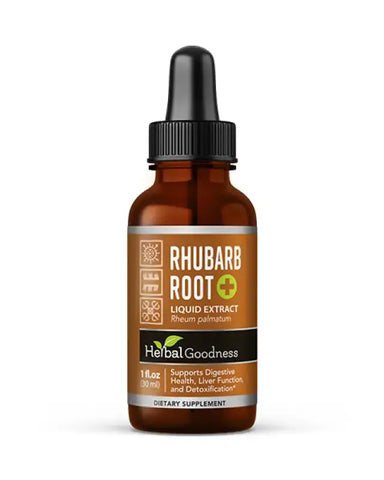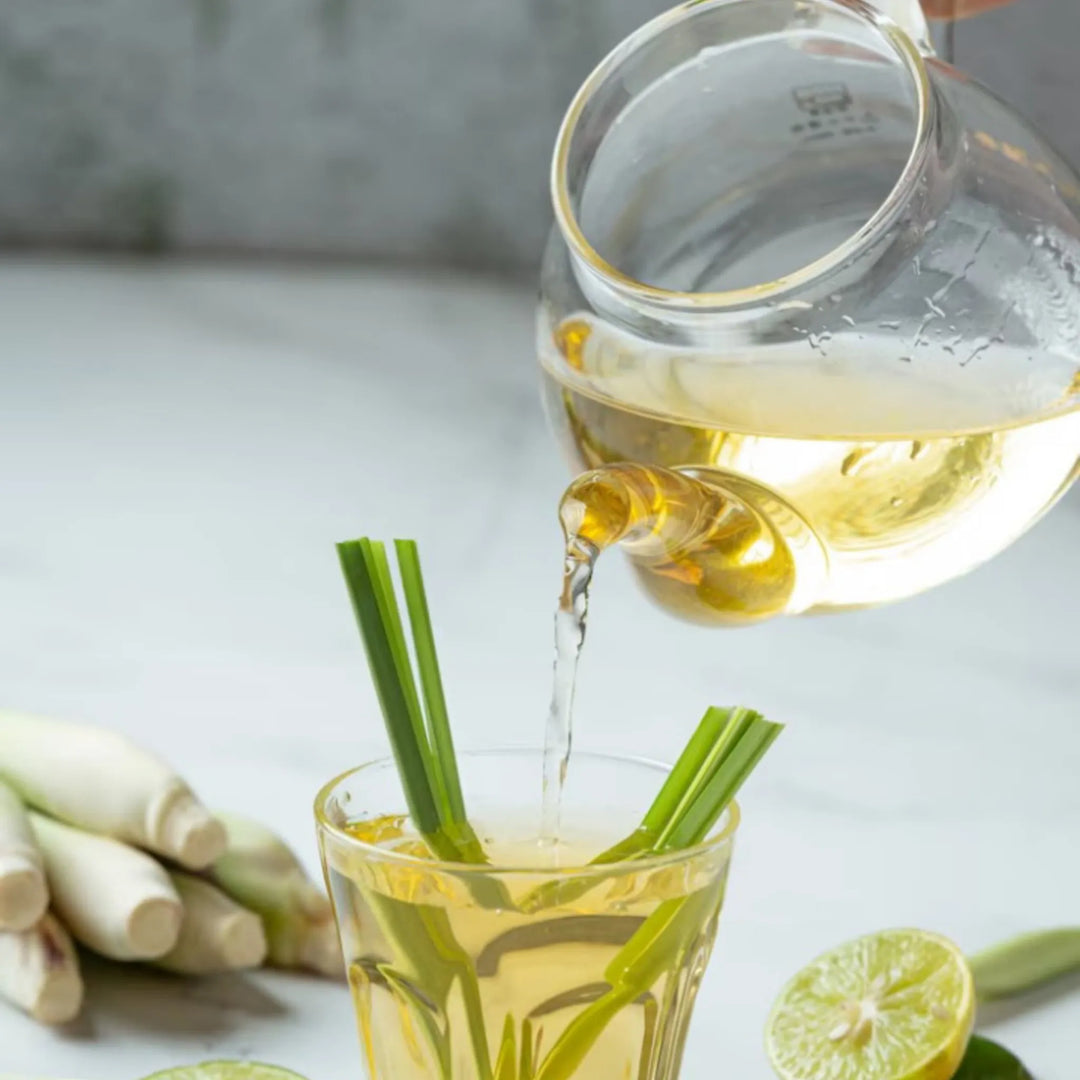Rhubarb Roots: Benefits, Uses, and What You Need to Know
Rhubarb roots have been valued for centuries as both a culinary and herbal staple. While most people know rhubarb for its tart, red stalks often baked into pies, the root of the rhubarb plant carries its own unique story. From traditional herbal uses in Asia to modern natural wellness products, rhubarb roots are attracting renewed attention. In this article, we’ll explore rhubarb root benefits, possible side effects, planting tips, and how rhubarb root extract is used today. Whether you’re curious about rhubarb root herb for daily wellness or simply want to know if you can eat rhubarb root, this guide provides clarity, depth, and practical insights.
What Are Rhubarb Roots?
Rhubarb roots come from the rhubarb plant (Rheum species), a hardy perennial that thrives in cooler climates. While the stalks are commonly eaten, the roots are traditionally harvested and dried for use as a natural herb. Historically, rhubarb plant roots were part of Traditional Chinese Medicine, where they were valued for digestive and cleansing support.
Today, rhubarb root extract is often sold in liquid, capsule, or tea form. At Herbal Goodness, we source rhubarb roots with care, ensuring purity and sustainability.
Rhubarb Root Benefits
The benefits of rhubarb root are linked to its naturally occurring compounds, including anthraquinones, tannins, and antioxidants. Some of the most common wellness associations include:
-
Digestive support – Rhubarb root herb has traditionally been valued for encouraging gentle, healthy digestion and regularity.
-
General detox support – Often included in wellness practices that focus on internal balance and natural cleansing routines.
-
Antioxidant activity – Rhubarb provides natural plant compounds recognized for supporting the body’s response to everyday oxidative stress.
-
Women’s health – Research suggests rhubarb root may play a role in supporting comfort during life’s natural transitions.
Note: While rhubarb roots are promising, they should be used carefully and in moderation.
Can You Eat Rhubarb Root?
Unlike the edible stalks, rhubarb roots are not typically eaten raw. They contain natural compounds, such as anthraquinones, that may have strong digestive effects if taken in large amounts. Instead, rhubarb roots are traditionally dried and carefully prepared into teas, capsules, or extracts for measured use in wellness practices. If you’re considering rhubarb root, it’s best to choose products from reputable sources that process the herb responsibly and with safety in mind.
How to Plant Rhubarb Roots
If you’re interested in growing rhubarb, you can plant rhubarb roots (also called “crowns”) in early spring. Here’s a simple guide:
-
Choose a sunny spot with well-drained soil.
-
Plant crowns 2 inches below the soil surface, with buds facing upward.
-
Water well and keep soil moist during establishment.
-
Allow 1–2 years before harvesting stalks, giving roots time to mature.
Remember: while stalks are edible, rhubarb roots are not consumed directly from the garden.
Rhubarb Root Extract and Modern Uses
Rhubarb root extract is one of the most popular forms of rhubarb roots available today. It’s often used in:
-
Liquid extracts for easy absorption.
-
Capsules for measured daily use.
-
Teas blended with other herbs for digestive comfort.
At Herbal Goodness, our rhubarb root extract is crafted with attention to purity and potency, aligning with our commitment to premium herbal supplements.
Rhubarb Root Side Effects
Like all herbs, rhubarb roots should be used with caution. Some possible side effects of rhubarb root extract include:
-
Loose stools or cramping if taken in large amounts.
-
Potential interaction with medications (consult your healthcare provider).
-
Should not be used during pregnancy or by children without professional guidance.
Understanding both the benefits and side effects of rhubarb root helps you make informed wellness decisions.
Rhubarb Root and Women’s Wellness
Research has explored the potential of rhubarb root during menopause, particularly in relation to comfort during natural transitions such as hot flashes. While more studies are needed, some findings suggest that rhubarb extract may be a helpful addition to women’s wellness routines. This positions rhubarb root as a herb of interest in ongoing conversations about supporting balance and well-being.
Rhubarb Roots for Sale – What to Look For
If you’re searching for “rhubarb roots for sale” or want to “buy rhubarb root” online, keep these tips in mind:
-
Check sourcing – Ensure roots are organically or sustainably grown.
-
Look for purity – Avoid products with unnecessary fillers.
-
Buy from trusted brands – Herbal Goodness is committed to premium, safe formulations.
Science Spotlight: Rhubarb Roots
A clinical study published in the Menopause journal (2009) explored the use of a standardized rhubarb extract (ERr 731) and found that it showed potential in supporting comfort during hot flashes. Additional research has highlighted the presence of natural antioxidant compounds in rhubarb roots, which are recognized for contributing to the body’s response to everyday oxidative stress.
FAQ Section
1. Can you eat rhubarb root directly?
No. Rhubarb root should not be eaten raw due to its strong compounds. Instead, it is processed into extracts and supplements.
2. How to plant rhubarb roots successfully?
Plant crowns in early spring, 2 inches below soil, in a sunny, well-drained area. Allow 1–2 years before harvesting stalks.
3. What are the side effects of rhubarb root extract?
Possible side effects include digestive changes, especially in high doses. Consult a healthcare provider before use.
4. Are there rhubarb root benefits for menopause?
Yes, studies suggest rhubarb root extract may help support comfort during menopause.
5. Where can I buy rhubarb root extract?
You can buy rhubarb root extract from trusted herbal brands like Herbal Goodness, which ensures premium sourcing and quality.
Ready to explore the wellness potential of rhubarb roots?
At Herbal Goodness, we take pride in offering premium Rhubarb Root Liquid Extract, carefully sourced and crafted for quality and purity. Add this traditional herb to your daily wellness routine with confidence.
Author Name:
Ilomuanya Mmesoma Davina
Author Bio:
Ilomuanya Mmesoma Davina is a Content Writer at Herbal Goodness, where she focuses on creating and optimizing blogs. With expertise in natural health products and SEO-driven storytelling, she is passionate about educating readers on the power of herbs and superfoods for modern wellness.
Related:
References:
-
Menopause Journal – Rhapontic rhubarb extract study: Link
-
University of Illinois Extension – Growing Rhubarb: Link













